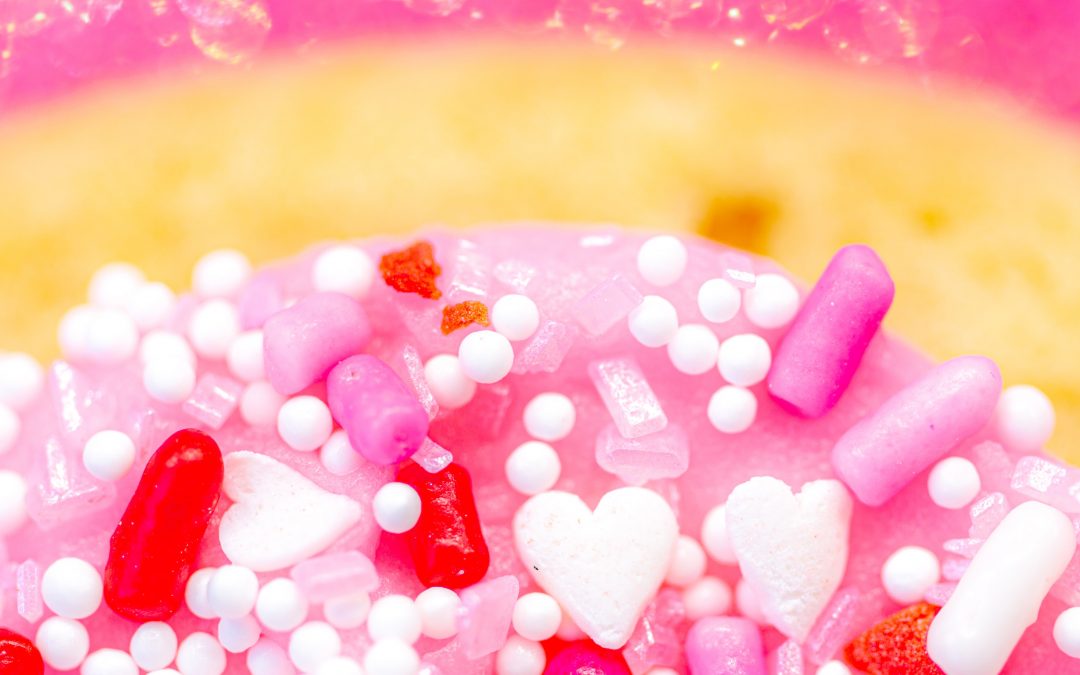
National Children’s Dental Health Month
February is National Children’s Dental Health Month (NCDHM), brought to you by the American Dental Association. This month’s national health observance brings thousands of dedicated professionals, health care providers and educators together to promote the benefits of good oral health to children, their caregivers, teachers and many others.
NCDHM was started in 1941 in Cleveland, OH and Akron, OH as just a day-long event. The two cities joined forces and held the first national program in 1949. By 1981, the event had become a month-long celebration. Educators and parents can find fun online resources for children, including posters, coloring sheets and crossword activities.
Children’s oral health is examined extensively in the recently published NIH report Oral Health in America. The report sheds light on how various populations in the US experience oral health differently, based on their age, economic status, and their other social determinants of health. Oral health is central to overall health, yet has not been equitably available across the country. Extraordinary advances have been made with technology and in new materials, expanding solutions to more patients. Craniofacial birth defects, in particular cleft lip and palate, occur as often as one in 700 live births and now represents the most common congenital disorder after Down syndrome. Read more about Oral Health in this groundbreaking report.
Also register for Roseman’s February 17 NHS event given by Dr. Glen Roberson, “Improving Nevada’s Dental Health Outcomes Among Children – One Smile At A Time.” Be sure to share Roseman Dental’s voucher program (February 7-March 7) offering new and existing patients in Utah the opportunity for a free exam and x-ray. We wish all children the opportunity for a healthy smile.

